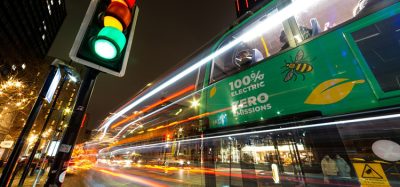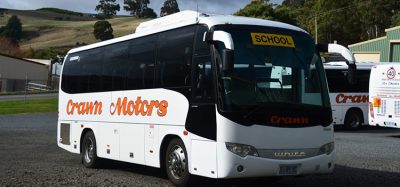MaaS providers must engage now to plan for post-pandemic growth, says report
- Like
- Digg
- Del
- Tumblr
- VKontakte
- Buffer
- Love This
- Odnoklassniki
- Meneame
- Blogger
- Amazon
- Yahoo Mail
- Gmail
- AOL
- Newsvine
- HackerNews
- Evernote
- MySpace
- Mail.ru
- Viadeo
- Line
- Comments
- Yummly
- SMS
- Viber
- Telegram
- Subscribe
- Skype
- Facebook Messenger
- Kakao
- LiveJournal
- Yammer
- Edgar
- Fintel
- Mix
- Instapaper
- Copy Link
Posted: 9 April 2020 | Sam Mehmet (Intelligent Transport)
A report has recommended that MaaS platform providers engage with transit authorities now to design pilots for 2021, in order to ensure future growth after the coronavrirus pandemic subsides.


A new study from Juniper Research found that the revenue generated by the use of Mobility-as-a-Service (Maas) platforms will exceed $52 billion by 2027, up from $405 million in 2020.
The new research, Mobility-as-a-Service: Business Models, Vendor Strategies & Market Forecasts 2020-2027, found that this growth will be realised from 2021, as there will be significant reductions in transport usage for the rest of 2020 due to the coronavirus pandemic.
The research anticipated that this will restrict the growth of MaaS platforms in 2020, but also that MaaS initiatives will rebound quickly in 2021 as cities re-evaluate their transport strategies. It recommends that MaaS platform providers engage with transit authorities now to design pilots for 2021, in order to ensure future growth.
The research noted that while ridesharing giants such as Uber and Lyft are adding transit information to apps, the fact that they are not neutral in the transport market means that this model will fail to engage the necessary transit partners for an effective solution. The research therefore recommended that MaaS vendors focus on licensing platforms as neutral players.
Research author, Nick Maynard, said: “MaaS will require wholesale shifts to public transit in order to realise its full benefits, so it must involve public transit operators at every stage. The platform licensing model is essential to building the required public/private partnerships to achieve success.”
The research also noted that MaaS will save significant time for citizens from 2021, as it will provide much-improved ways to travel in the urban environment, as well as reducing road congestion. By 2027, MaaS will lead to a commuter time saving equal to 2.7 days per MaaS user per year, according to the report.
Related topics
COVID-19, Infrastructure & Urban Planning, Mobility Services, Multimodality, Staff & Skills Development, Transport Governance & Policy
Related organisations
Juniper Research
Related people
Nick Maynard







